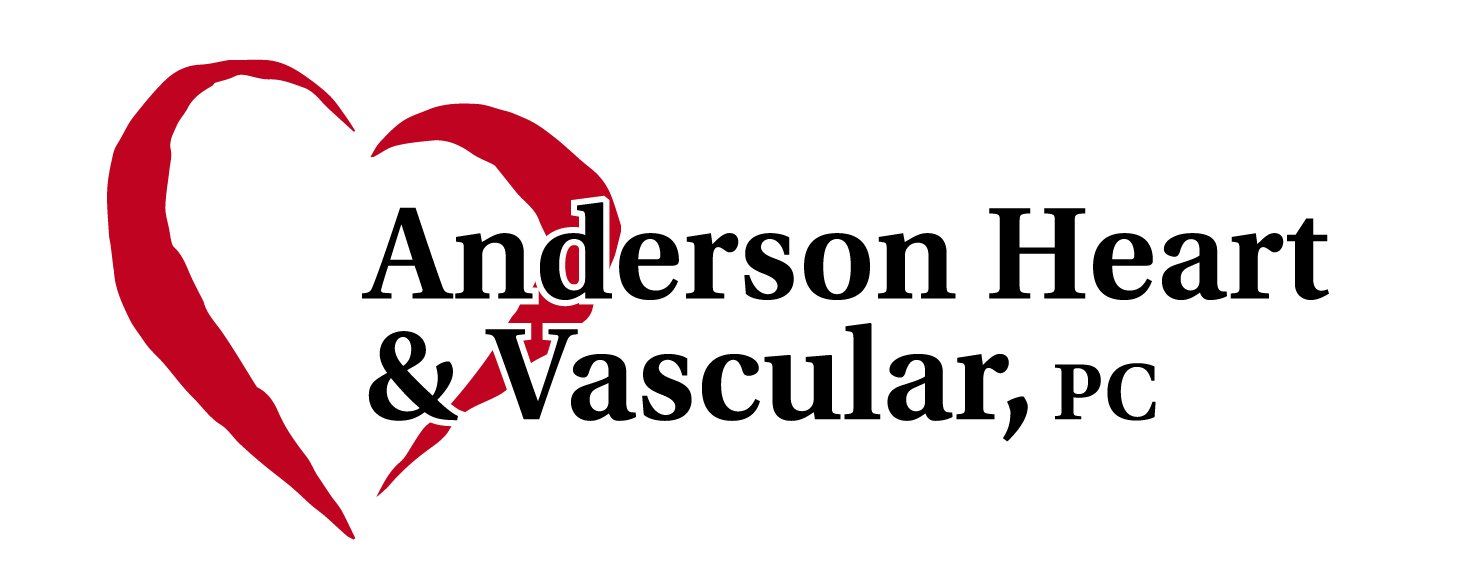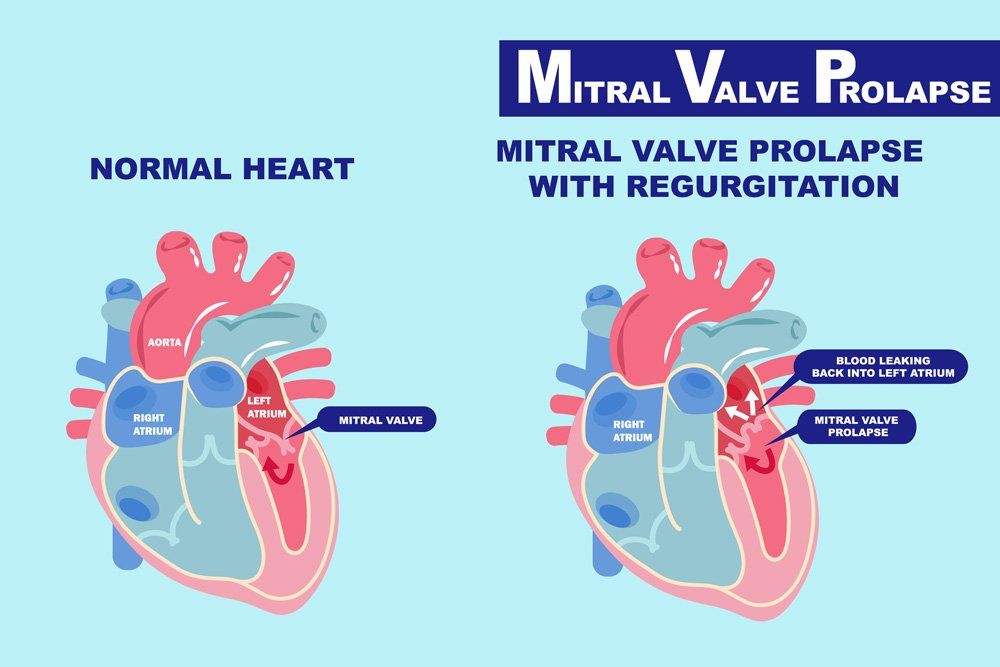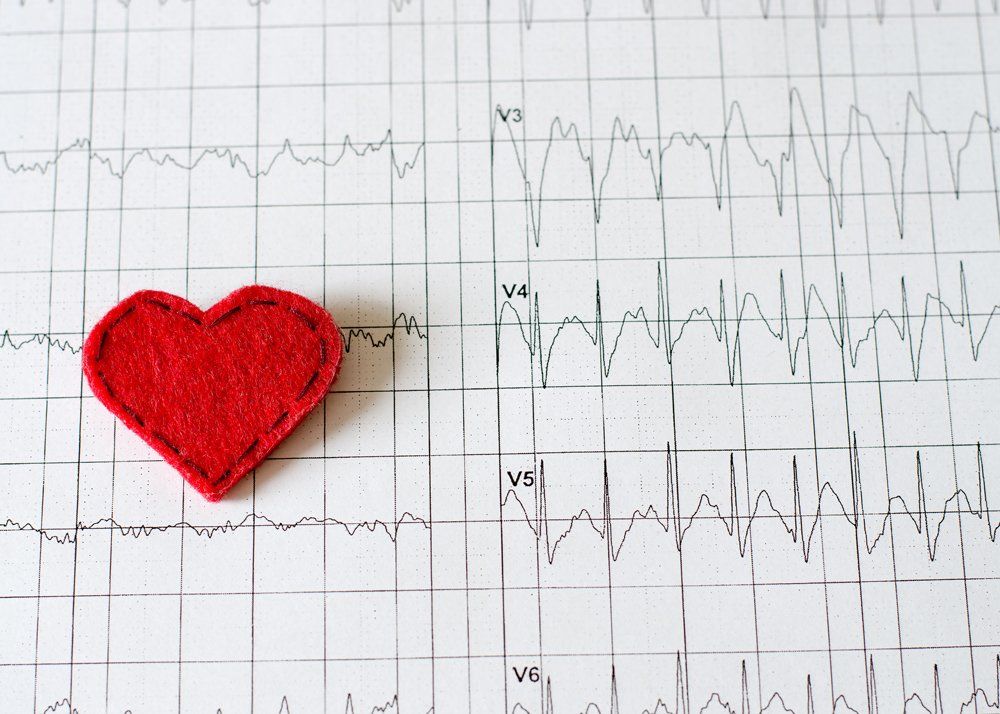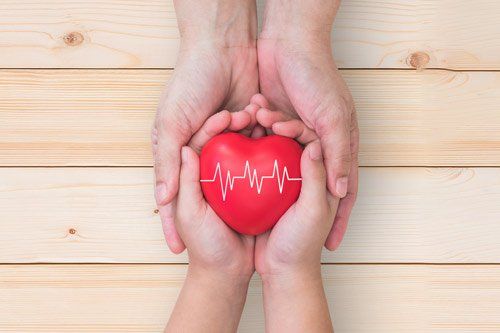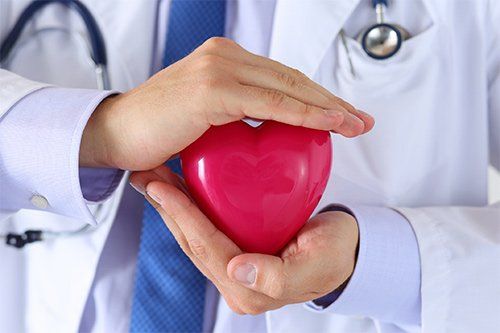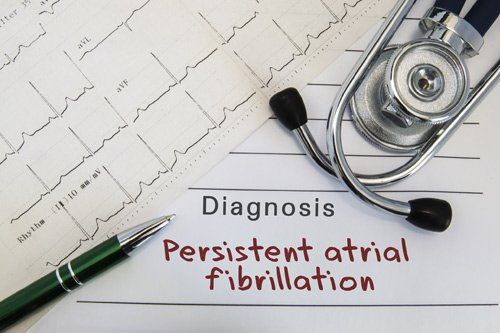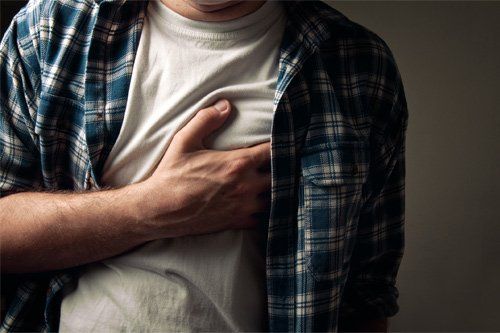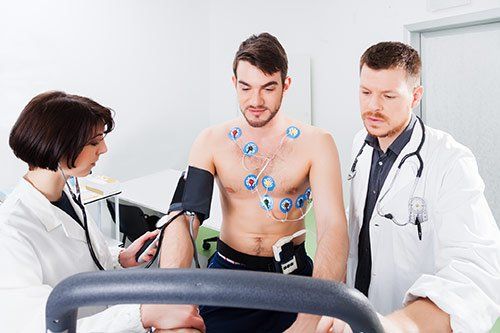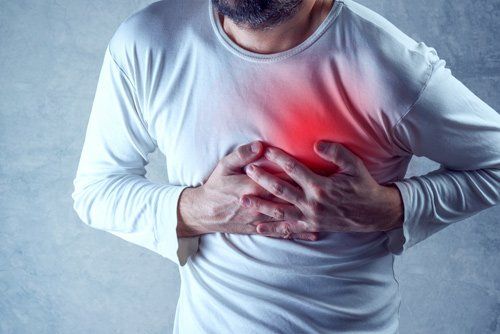3 Essential Facts You Need to Know About Hypertension
- By Admin
- •
- 30 Jan, 2019
- •
This is a subtitle for your new post
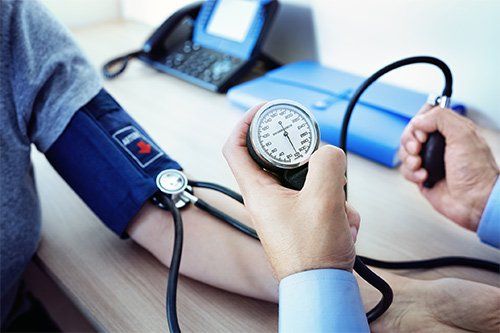
Your heart is the main part of your circulatory system, but many other components are essential for pumping blood through your body to help you live and thrive. Throughout the day, the blood pressure running through your arteries fluctuates. If the force of blood becomes too high for various reasons, the heart must work harder to pump blood throughout the body. This increased blood pressure is known as hypertension.
Even though an estimated 68 million Americans have high blood pressure, the condition is not understood by most people well. By learning these key hypertension facts and working with your doctor, you will be able to understand, diagnose, and possibly prevent high blood pressure.
1. Hypertension Is Dangerous
Many people believe that high blood pressure is not dangerous or not something they need to be terribly concerned with. Unfortunately, hypertension is very dangerous. If left untreated, high blood pressure can be life-threatening.
Hypertension places excess pressure on your arteries, which can wear the arteries down, causing irreversible damage. Blood cannot move freely through weakened, narrow arteries, which increases your blood pressure even further.
Also, high blood pressure can cause weakened sections of arteries to bulge and rupture, forming an aneurysm. If the aneurysm ruptures, you will experience life-threatening internal bleeding.
Of course, hypertension damages the heart and brain, as well. Patients who do not treat their high blood pressure may develop coronary artery disease, heart disease, and even stroke.
Half of people who have untreated high blood pressure will die of heart disease related to improper blood flow. In addition, one-third of people with untreated hypertension will die of stroke.
2. Hypertension May or May Not Display Symptoms
Hypertension is known as the silent killer, which means you may not even realize you have high blood pressure.
Check your blood pressure levels regularly, especially if you are an older individual or overweight. Also, if you use drugs, tobacco products, or drink alcohol, you will have a higher risk of developing hypertension.
On average, normal blood pressure range is 120/80 or lower. If your blood pressure measures 130/81 or higher, you are in stage 1 hypertension.
Although headaches, nosebleeds, and nervousness are common with people who have high blood pressure, not everyone experiences these symptoms. Other symptoms indirectly related to high blood pressure can include bloody spots in the eyes, dizziness, and facial flushing.
3. Hypertension Can Be Treated
Because of the risks, treating high blood pressure is crucial. You and your doctor work together to find the right solution for you.
In some instances, simple changes to your lifestyle will be enough to treat hypertension and then manage healthy blood pressure levels.
Eating a heart-healthy diet is imperative if you have hypertension. You should reduce your intake of salt, caffeine, alcohol, and saturated or trans fats. Eat lean meats, fruit, vegetables, and non-fat dairy products.
Avoid using any tobacco products. Also, find healthy ways to cope with stress, since increased stress and anxiety has been linked to high blood pressure in some patients. Increasing your daily physical activity is not only beneficial to your heart, but also for easing emotional distress.
Prescription medications may also be necessary to treat your high blood pressure, but these medications should be used along with the above lifestyle changes.
Diuretics, which are also known as water pills, help flush water and salt from the kidneys, which reduces the blood pressure in the blood vessels.
Other medications that may be prescribed include beta-blockers, which decrease vessel constriction, and vasodilators, which relax the walls of your blood vessels. Both are effective options to ease the pressure in the blood vessels.
For more information on hypertension, including diagnosis, prevention, and treatment, contact Anderson Heart PC today.
